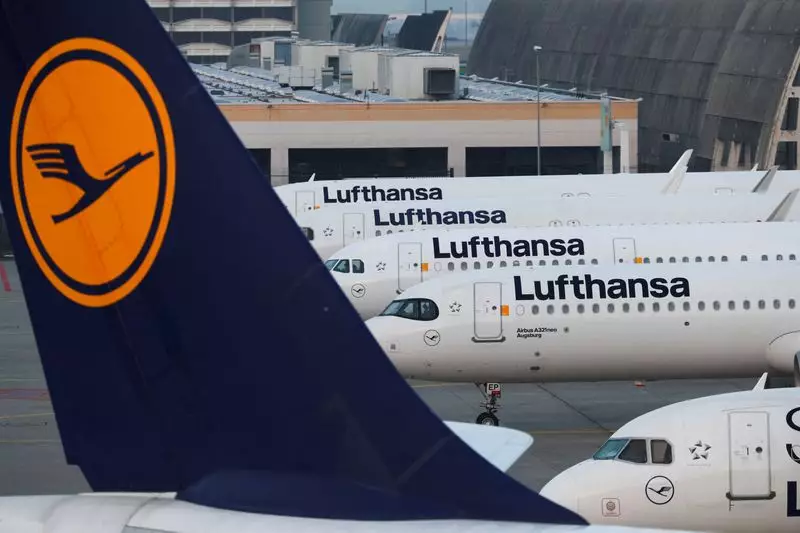German flagship carrier Lufthansa recently announced that it expects lower third-quarter earnings due to declining yields and increasing unit costs. This news comes at a time when European airlines are grappling with flattening demand and challenges related to aircraft delivery disruptions. The company stated that airfares in Europe and Asia have either plateaued or fallen, indicating a slowdown in the post-COVID travel boom that airlines were banking on. Lufthansa predicts that yields in the third quarter will be lower by a single-digit percentage compared to 2023 levels, while unit costs are expected to rise by a similar amount. This scenario has put pressure on the company, as increased capacity and sales volumes have not translated into improved financial performance.
Price Sensitivity and Market Dynamics
Analysts have noted that Lufthansa’s more aggressive capacity expansion strategy last year has backfired, leading to a sharper decline in yields this year. Additionally, the normalization of ticket prices reflects a shift in consumer behavior, with many European travelers becoming more price-sensitive and unwilling to pay exorbitant prices for travel. This trend has been observed in the wider market, with airlines like Ryanair also experiencing challenges in maintaining profitability amidst price pressure. The market-wide capacity growth has intensified competition and forced airlines to lower fares, thereby impacting their revenue and earnings.
European airlines, including Lufthansa, have faced a tough first quarter marred by spiraling costs and sluggish yields. The challenges encountered in the first quarter have continued into the second quarter, with companies like Air France KLM missing profit forecasts due to higher costs. Similarly, Ryanair has reported falling profits, raising concerns about the overall health of the industry. Lufthansa, in particular, has seen its shares plummet by 23% over the past six months, highlighting the company’s struggle to recover financially. The group’s net result for the April-to-June period was significantly lower than the previous year, pointing to ongoing difficulties in managing costs and revenues efficiently.
One of the key issues facing Lufthansa is the delayed aircraft deliveries that are disrupting its fleet management and driving up repair costs for older planes. The company’s main-brand passenger business, Lufthansa Airlines, has been especially affected by these challenges, leading to a revision of profit targets earlier this year. Furthermore, the rising wages for staff in Germany following strikes have added to the company’s financial woes, with significant costs incurred in the second quarter. These operational hurdles have hindered Lufthansa’s ability to achieve its financial goals and maintain a competitive edge in the aviation market.
Lufthansa’s lower earnings expectations, spiraling costs, and aircraft delivery snags are indicative of the broader challenges facing European airlines in the current economic environment. As the industry grapples with fluctuating demand, price sensitivity among consumers, and operational disruptions, companies like Lufthansa must adapt their strategies to navigate these turbulent times successfully. By addressing the root causes of their financial struggles and implementing measures to improve efficiency and resilience, airlines can overcome the obstacles ahead and emerge stronger in the post-pandemic era.

